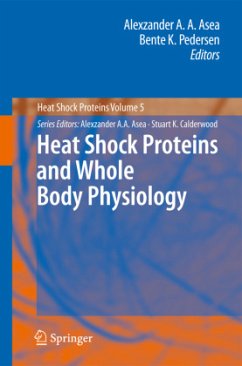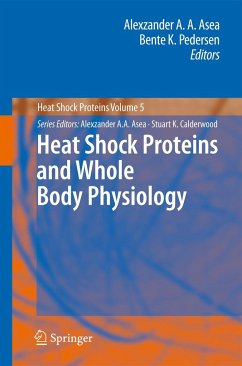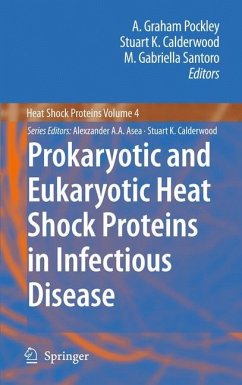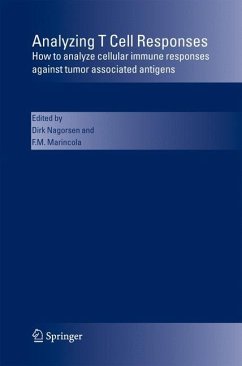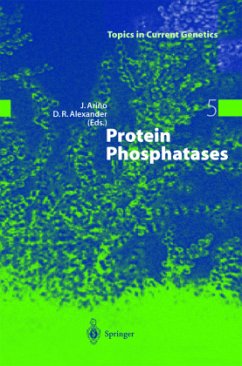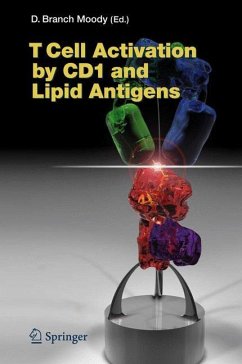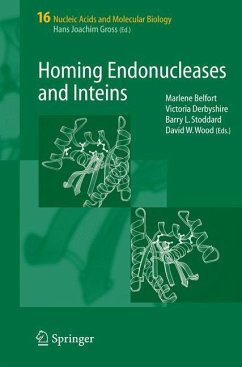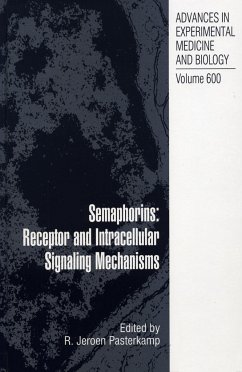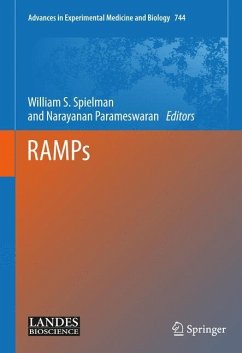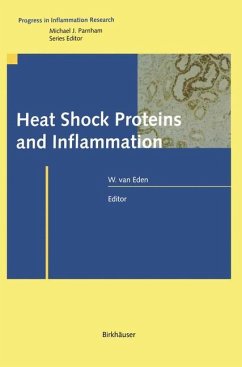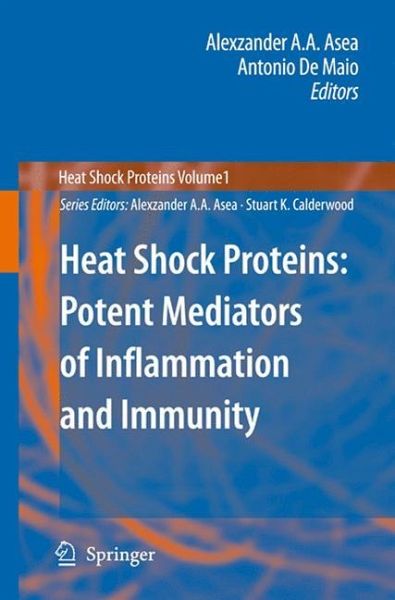
Heat Shock Proteins: Potent Mediators of Inflammation and Immunity
Versandkostenfrei!
Versandfertig in 6-10 Tagen
76,99 €
inkl. MwSt.

PAYBACK Punkte
38 °P sammeln!
Heat Shock Proteins: Potent Mediators of Inflammation and Immunity currently provides the most up-to-date review on new mechanisms and provides exciting insights into how heat shock proteins modulates the hosts immune response. Written by leaders in the field of heat shock protein immunobiology, the chapters systematically and in a step wise fashion takes the reader through the fascinating sequence of events by which heat shock proteins activate immune responses and provides answers as to its biological significance to the host. From the early stages of binding and receptors-mediated signallin...
Heat Shock Proteins: Potent Mediators of Inflammation and Immunity currently provides the most up-to-date review on new mechanisms and provides exciting insights into how heat shock proteins modulates the hosts immune response. Written by leaders in the field of heat shock protein immunobiology, the chapters systematically and in a step wise fashion takes the reader through the fascinating sequence of events by which heat shock proteins activate immune responses and provides answers as to its biological significance to the host. From the early stages of binding and receptors-mediated signalling, to new paradigms by which heat shock proteins are released into the circulation, to antigen processing and presentation, and finally to the immune response itself this book is a must read for graduate and postgraduates in the field of Biology (plant and mammal), Biochemistry (pro- and eukaryotic), Immunology, Microbiology, Exercise Medicine, Physiology, Inflammatory diseases, Autoimmunity, Pharmacology and Pathology.





